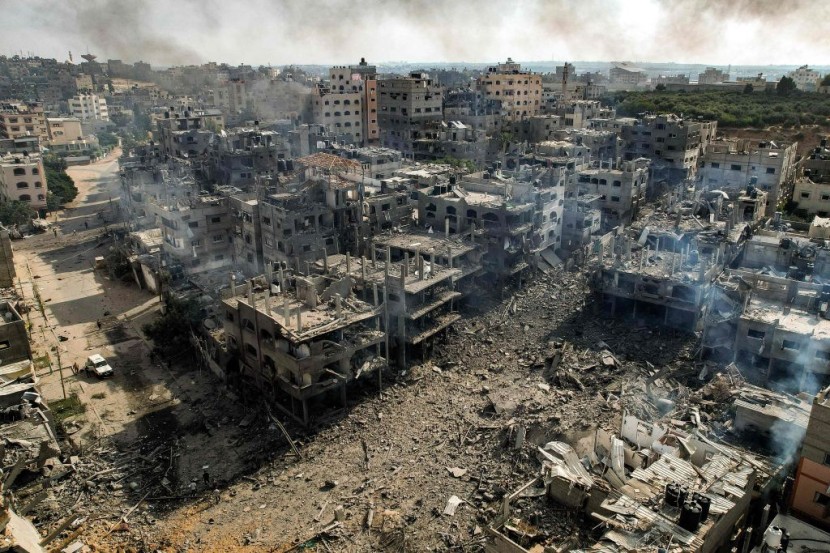Experts have warned that a potential escalation of the conflict between Israel and Hamas presents a serious threat to the world economy by increasing the cost of energy and interrupting critical trade routes.
The Escalating Conflict
In the wake of the October 7 assault on Israeli citizens by the Palestinian militant organization Hamas, diplomatic efforts from a wide range of foreign countries have ramped up to control the impact. The subsequent bombing of Gaza by Israel in an attempt to eradicate Hamas has raised concerns that the conflict may spread to the rest of the Middle East.
Israeli President Isaac Herzog said they do not wish for a confrontation with the Lebanese terrorist group Hezbollah. However, the two military arms exchanged fire in the northern part of the country recently.
Recent happenings have given economists even more reason to worry that the war may spread across the region and become a long-term danger to global energy and commerce infrastructure.
Pat Thaker, director of the Middle East and Africa region at the Economist Intelligence Unit, told CNBC that any conflict in the Middle East would have repercussions throughout the global economy. This is because the region is a crucial supplier of energy and because it is a vital shipping route for global trade.

See Also : French President Emmanuel Macron Visits Israel, Proposes International Coalition To Fight Hamas
Higher Global Inflation but Slower Economic Growth
How geographically restricted the war is will determine how much oil prices increase and how much it affects the global economy. As the conflict in Ukraine escalates and central banks approach a critical moment in their monetary tightening cycles, Thaker added that massive economic uncertainty has set in since the war's outset.
"We're going into it with a double whammy here: higher prices once again for energy, but also inflation softening but not radically coming down at a time when interest rates are also the highest we've seen in a number of years."
After Hamas' unexpected strike on Israel, oil prices soared before calming. Brent crude futures were above $89 per barrel in Europe this week, while West Texas Intermediate futures were just below $84 per barrel.
Thaker anticipated that a regional escalation would push Brent beyond $100 per barrel for a prolonged time, causing greater global inflation, slower economic growth, and recession.
Elijah Oliveros-Rosen, head emerging markets economist at S&P Global Ratings, warns that a sustained energy price increase will alarm emerging market economies since energy contributes to more inflation than in developed countries.
Countries like Chile and Turkey, as well as several Asian economies like Thailand, the Philippines, and India, are examples of net energy importers with high energy contributions to the consumer price index (CPI) basket, making them more susceptible to increases in energy prices and sustained increases in energy prices.








